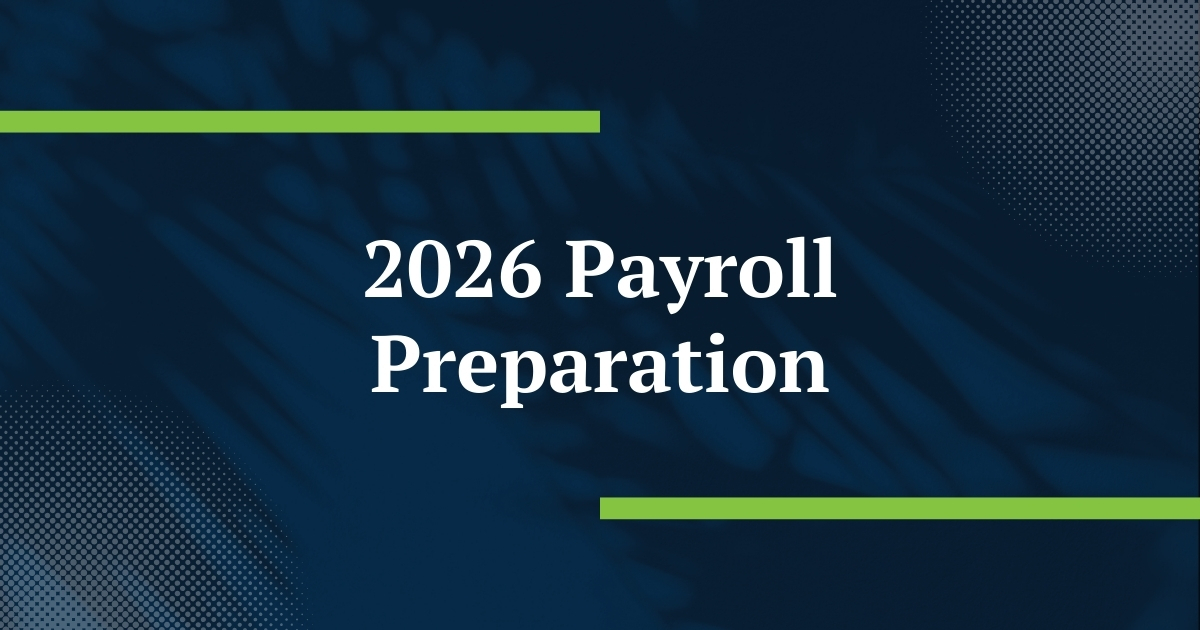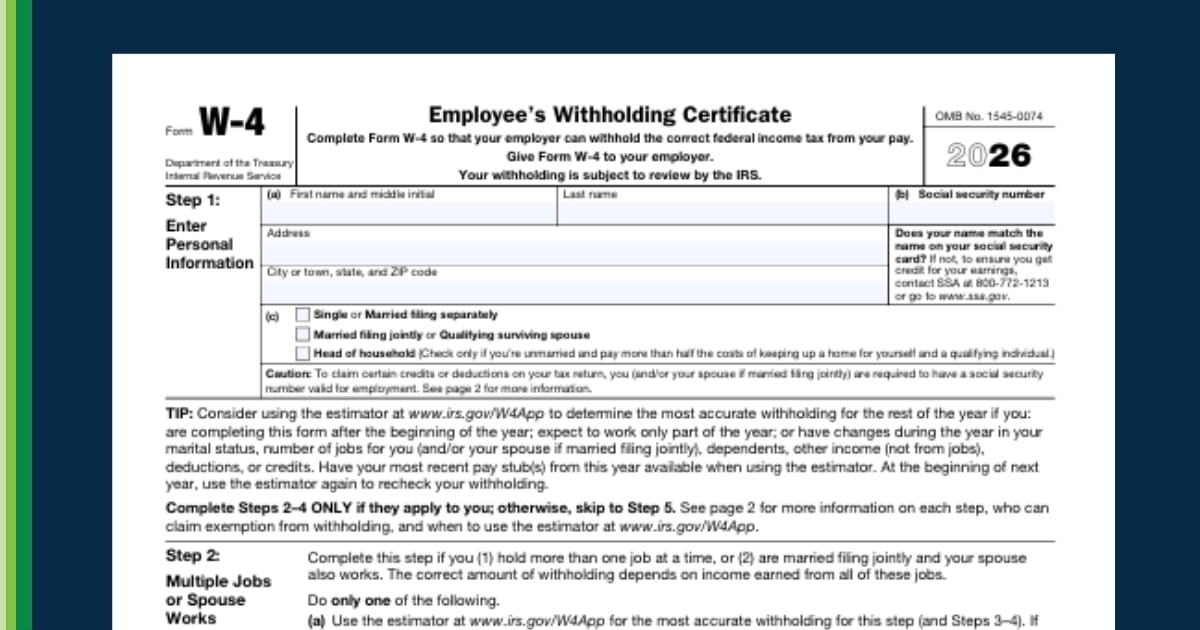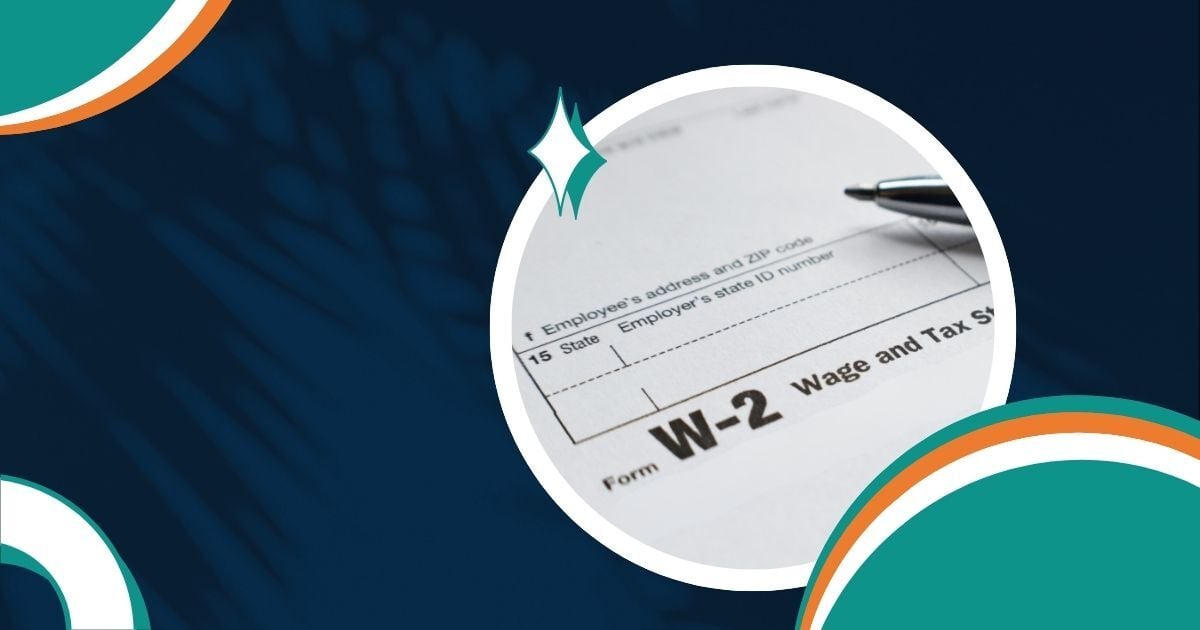The One Big Beautiful Bill Act (OBBA) is a sweeping piece of legislation that changes tax deductions, credits, and compliance requirements across the board. Many provisions are already in effect, some are retroactive to January 1, 2025, and others will phase in over the next few years.
In this webinar, Greenshades’ Tax Specification Compliance Manager, Laura Detsch, and Director of Marketing, Danica Weappa, broke down the most critical changes for payroll and HR teams.
Table of Contents
- Watch the full session
- Changes to Deduction for Individual Taxpayers
- Reporting Changes
- Employer Credits & Incentives
- Next Steps for Payroll & HR Teams
- How Greenshades Can Help
- Q&A from the Webinar
The session emphasized proactive adaptation, as several rules are still awaiting IRS clarification—particularly for retroactive application and qualifying role definitions.
You can watch the full session here:
⚠️Note: This information is for informational purposes only and does not constitute formal tax, legal, or compliance advice. Always consult with qualified tax advisors, legal counsel, and your organization’s internal teams for guidance specific to your situation. Additional regulations may apply. For the most accurate and up-to-date information, refer to official government resources and regulatory agencies.
Changes to Deduction for Individual Taxpayers
Updates were made to the standard deductions and new provisions were introduced that affect take-home pay. For all items listed below, full details are available on the IRS OBBA provisions page . Many deductions have income phase-out limits, which may affect how employees complete W-4s. While deductions apply to the individual, employers must process any W-4 changes submitted and ensure accurate tracking.
Changes to Standard Deductions
- Single / Married Filing Separately: $15,750 (up from $15,000)
- Married Filing Jointly / Qualifying Surviving Spouse: $31,500 (up from $30,000)
- Head of Household: $23,625 (up from $22,500)
- Additional for 65+ or blind: $2,000 plus a new temporary $6,000 deduction for age 65+ (which ends after December 31, 2028)
IRS Update: On August 7, 2025, the IRS confirmed there will be no changes to individual information returns or withholding tables for 2025 under OBBA. This decision aims to streamline 2025 year-end processes and give businesses more time to implement changes effectively. Guidance for 2026 will be released in due course.
Payroll Preparation Steps
- Update payroll tax tables for 2025.
- Communicate changes to take-home pay.
- Encourage employees—especially seniors, Heads of Household, and MFS filers—to review W-4s.
- Confirm vendor readiness for new deduction and credit tracking.
Tip Income Deduction
- Up to $25,000 deduction for traditional tipped roles (hospitality, beauty, etc.).
- Available to both itemizers and non-itemizers; retroactive to 1/1/2025–12/31/2028.
- IRS will define qualifying occupations and “reasonable” retroactive reporting methods.
Employer Readiness:
- Ensure payroll can isolate tip income for W-2 reporting.
- Identify impacted job roles.
- Monitor IRS guidance for retroactive reporting rules.
Overtime Premium Deduction
- Applies to the premium portion of overtime (the extra 0.5× over the regular hourly rate) under FLSA.
- Up to $12,500 (single) / $25,000 (joint); retroactive to 1/1/2025–12/31/2028.
- Separate OT tracking on W-2 is required.
- For OT before Jan. 1, 2026, employers may use a “reasonable method” to estimate.
Employer Readiness:
- Label and track qualifying OT hours separately.
- Prepare for potential retroactive adjustments to 941 filings.
- Educate employees on the premium-only deduction and caps.
Important note: On August 7, the IRS posted that “employers and payroll providers should continue using current procedures for reporting and withholding” until they release formal guidance regarding how to track and report on these new deductions. However, your organization may find it beneficial to start breaking out tips and overtime in your payroll records (leaving the income tax calculation alone for now!).
Credits & Benefit Changes
- Transportation Fringe Benefit: Bicycle commuting reimbursements remain taxable and must be reported on W-2. Transit/parking benefits remain excludable up to $325/month (2025).
- Child Tax Credit (CTC): Increased to $2,200 per child; $1,400 refundable portion unchanged.
- Child & Dependent Care Tax Credit (CDCTC): Fully refundable; covers 50% of expenses up to $8,000 (1 dependent) or $16,000 (2+).
- SALT Deduction: Increased to $40,000.
Communication Tips:
- Clarify the difference between DCAP and CDCTC.
- Remind employees that bicycle reimbursements are taxable.
- Ensure all taxable benefits are reflected in wages and W-2s.
Reporting Changes
Updates were made to various 1099 thresholds, and additional exclusion policies went into effect. These new rules affect your reporting at year-end, including:
- Moving Expense Exclusion: Now includes Intelligence Community employees.
- 1099-NEC/MISC Threshold: Increases to $2,000 starting 2026; inflation-adjusted from 2027.
- 1099-K Threshold: Reverts to $20,000 and 200 transactions in 2025.
Employer Credits & Incentives
Businesses might be eligible for certain credits and adjustments under the new bill as well.
- Paid Family & Medical Leave Credit: Permanent at 12.5% of wages; eligibility threshold reduced from 1 year to 6 months; includes state/local mandated leave.
- Employer-Provided Child Care Credit: Raised to 40% (50% for qualifying small businesses); annual cap increased to $500,000 ($600,000 for small businesses); inflation-adjusted from 2026.
- Student Loan Repayment Exclusion: Permanent; up to $5,250 per employee; inflation-adjusted after 2026.
- Employer-Provided Meals: 50% deductible if IRS de minimis fringe requirements are met.
Be sure to check eligibility for new or expanded credits, confirm programs meet wage and service thresholds, and partner with benefits to optimize tax savings.
Next Steps for Payroll & HR Teams
Now is the time to make sure your payroll system is ready for what’s already changed—and what’s ahead. Be sure to:
- Begin segmenting and labeling tipped and OT income now—before IRS finalizes formats.
- Review benefits packages for alignment with expanded credits.
- Prepare retroactive reporting processes for 2025.
- Train payroll staff on OBBA requirements to prevent errors.
In addition, check out these key resources that will help you stay up to date with any and all compliance changes.
Resources
- LinkedIn Compliance Corner: Join here
- Full Bill Text: Congress.gov – H.R. 1
- IRS Newswire Alerts: Subscribe here
- IRS Quick Alerts: Subscribe here
- IRS OBBA Homepage: Visit here
- H&R Block Tax Resource Center – OBBA: Visit here
How Greenshades Can Help
Greenshades keeps pace with shifting payroll and tax requirements, with automatic updates to tax codes, forms, and deduction fields—and support for complex scenarios. Greenshades can help your team stay aligned with evolving rules and beyond, with agile solutions that include:
- Automatic tax code and form updates.
- Built-in multi-jurisdiction tip and OT tracking.
- Configurable benefits eligibility and credit rules.
- Compliance alerts before payroll finalization.
- Transparent pricing—no per-run fees or surprise costs.
“OBBA’s impacts were immediate. The question is whether your team is ready to respond quickly and accurately.” – Laura Detsch
Q&A
Q: Will Greenshades update the timesheets portal for the new overtime rule?
A: Greenshades already tracks this information and can provide data on both tips and overtime.
Q: How should tips be handled for part-time employees who are also full-time students?
A: Unless the student is hired in the capacity of a student by a university (see IRS Student Exception to FICA Tax ), regular rules apply. For traditional tipped positions, tips are exempt from federal taxes up to $12,500.
Q: How do we retroactively calculate overtime for union and non-union employees when we only use one pay code at 1.5x?
A: The IRS has not issued guidance on retroactive calculations. One approach:
- Estimate total regular hours = paid weeks × 40 hours
- Multiply by base pay to get regular pay
- Subtract regular pay from YTD pay, then divide by 3 to estimate the overtime premium amount
If your state requires daily overtime (e.g., CA), tracking hours going forward will be necessary. But to get a more formal estimation, additional information would be needed.
Q: Is overtime based on actual work time, excluding vacation, holiday, or sick pay?
A: Yes. Under FLSA, overtime applies to actual hours worked.
Q: Does overtime apply to bonus and commission “true-ups”?
A: Yes for non-discretionary bonuses. Some commission work is exempt from overtime— details depend on the specific role.
Q: How does double time factor into the overtime premium exemption?
A: The exemption applies to the portion paid over the regular rate of pay (RROP) for physically worked hours. Non-worked pay like PTO, PSL, or holiday is excluded.
Q: How do I set up pay codes to make overtime tracking manageable going forward?
A: Track overtime separately. If your state requires double time (e.g., CA), create separate pay codes for those hours.
Q: An employee’s Line 3 entry causes no federal tax withholding in Great Plains—why?
A: Total wages and W-4 status must be reviewed to determine correct withholding. We would need to see this information to provide a more concrete answer.
Q: For W-2 reporting, is it correct that only the amount over the employee’s normal hourly rate (1/3 of OT paid) is reported?
A: Until the IRS says otherwise, yes—1/3 of overtime pay is a reasonable estimate.
Q: Does the OT deduction apply only to the 0.5 portion of the 1.5 rate, up to $12,500/year?
A: Correct, based on current IRS guidance.
Q: For the new 1099 threshold – is that for the 2026 year that will be filed in 2027?
A: The 1099-K is retroactive to 1/1/2025; the NEC/MISC will remain $600 for TY 2025 / FY 2026, and then increase to $2,000 for TY 2026 / FY 2027.




























